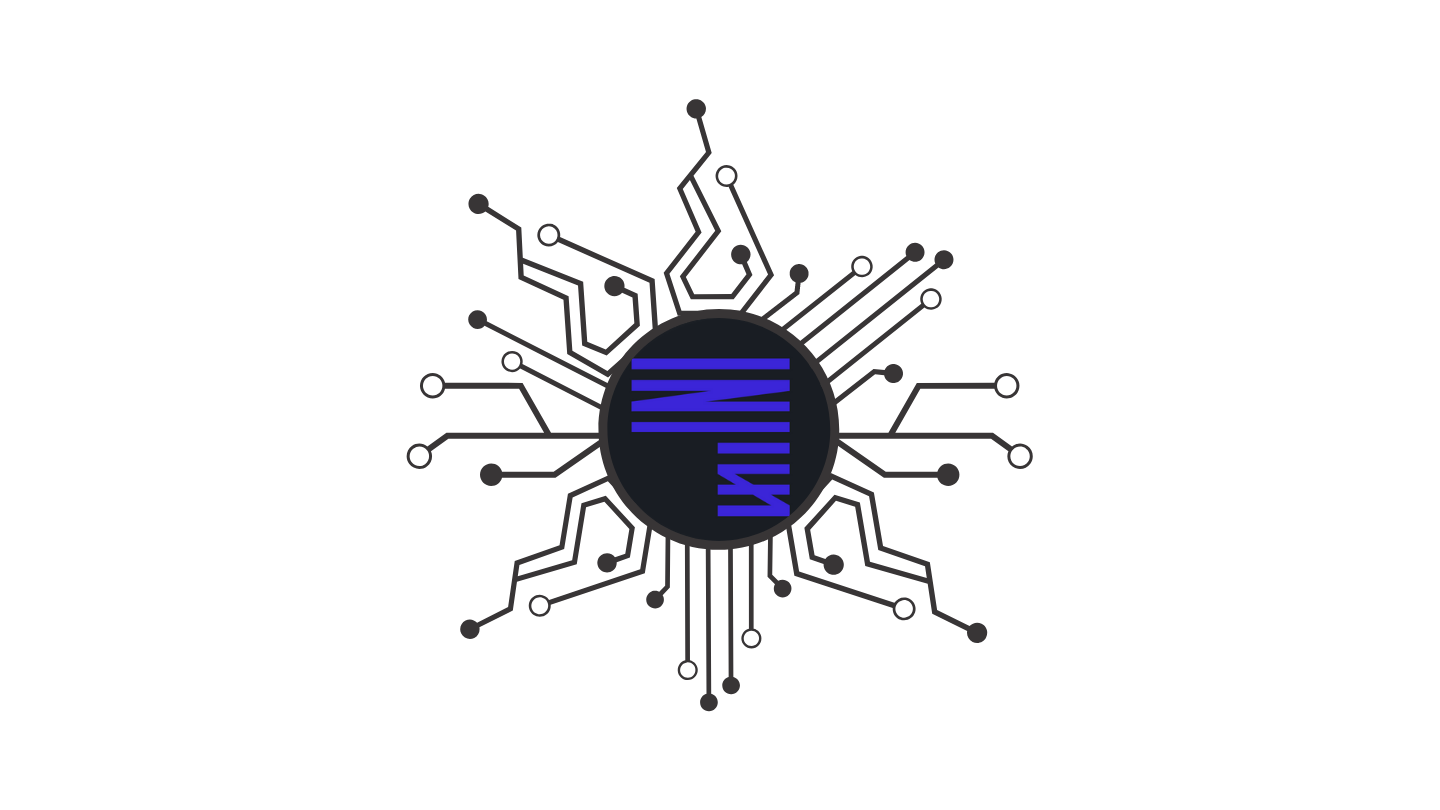IMF Anti-Corruption Challenge – exploring how technology can inform better decision making

Open Ownership is taking part in the IMF’s latest Anti-Corruption challenge and we need your help and votes! (see more detail on how you can vote for us at the bottom of the blog)
Our pitch to the Anti-Corruption Challenge seeks to use technology to support better informed policy design in order to deliver the data that is needed to address corruption risks. Our proposed Beneficial Ownership Policy Modeller will help unpick the complex consequences of each policy and implementation choice made when designing a beneficial ownership disclosure regime.
Joining us in the challenge are over 100 other teams putting forward ideas that use the latest technologies to fight corruption. Technology that creates behaviour change and increases transparency in the service of good governance is at the heart of Open Ownership.
Policy Modeller tool explained
The modeller will present policy-makers with a set of choices, based on our experience supporting countries with a range of different beneficial ownership disclosure regimes. As choices are set, a series of data visualisations and an analysis of use-cases enabled by this policy configuration will respond in real-time to show the kinds of corporate ownership networks that could be identified from the chosen disclosure regime, and the likely outcomes in terms of usage, costs/benefits and potential problems. These results will be backed by evidence from Open Ownership’s evidence lab, which is able to analyse real-world data disclosure from over 25 jurisdictions, covering over 7 million beneficial owners.
For example, a user of the Policy Modeller might choose to model a beneficial ownership disclosure regime that collects absolute ownership percentages, but that does not collect unique identifiers for individuals, and does not publish owners’ dates of birth. The tool would be able to show how this could enable the completeness of disclosure to be validated, how it would place considerable costs on anyone seeking to de-duplicate the identity of owners who share the same name, and it would make ‘false positives’ more likely when checking for the presence of politically exposed persons. There are no right or wrong answers, but the tool will show policy makers the impact of certain decisions before costly implementation work starts.
We’re excited both about the potential of this as a tool, and about the process of building it. The process involves working with a range of experts to explore the full impact of policy and implementation choices, so that we can continue to help countries find the best-fit approach to effective beneficial ownership disclosure. Ultimately, analytical innovations using beneficial ownership data will only be able to thrive if we collectively create the right foundations through robust laws aligned with well-functioning systems and high-quality data publication.
How you can help
If you like the sound of the Beneficial Ownership Policy Modeller and think it could be helpful, we would love your support for our proposal. If you register and sign-in on the IMF challenge website you can add your backing by clicking the 👍 (promote) icon on our page before 31st January.
We also welcome applications to ‘join the team’ for our IMF Challenge proposal from anyone who wants to be invited to be part of the next stage of the design process, and we’re keen to hear directly from potential users of the policy modeller. You can drop a line to [email protected] with ideas on how it could be useful to you.
Other projects we like
The challenge has also surfaced a range of great proposals from others that demonstrate the demand for high quality beneficial ownership data, from Spend Network’s pitch to develop tools for “Automating Conflict of Interest Analysis” to the EITI’s proposal to join the dots between beneficial ownership disclosures and financial disclosures by public officials to better identify politically exposed persons (PEPs) with interests in extractives projects. There are also proposals from Transparency International and Tax Justice Network to look at beneficial ownership verification (also the topic of an upcoming OpenOwnership briefing), and pitches from teams in Sierra Leone, Liberia and Estonia that look to draw on beneficial ownership data in anti-money laundering (AML) or conflict of interest detection systems.
Many of the proposals look at how cutting-edge analysis can be used to connect beneficial ownership information to a range of different datasets, particularly when those datasets are provided as high-quality open data. Yet, looking across the challenge descriptions, there is also ample evidence that beneficial ownership data availability is not yet where it should be. For example, Transparency International Estonia note that their ability to use beneficial ownership data may end up frustrated by paywalls that restrict open access, and other proposals point to the need for improved standards of data verification.
We’re hopeful that the Policy Modeller, and our wider programme of support to raise the bar for the quality of beneficial ownership data can contribute to making such problems a thing of the past.
Publication type
Blog post